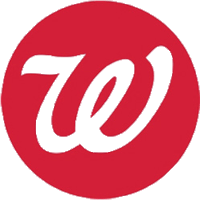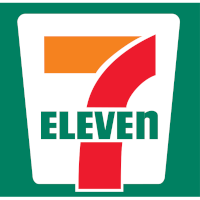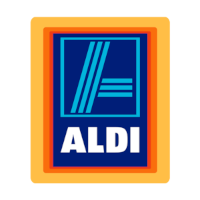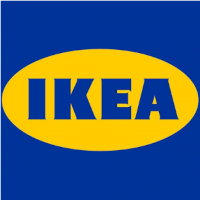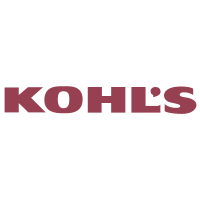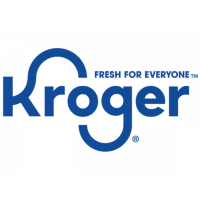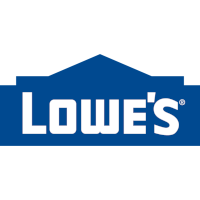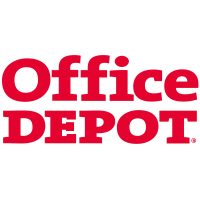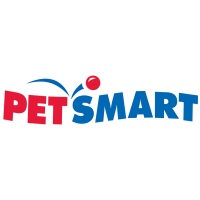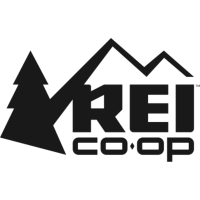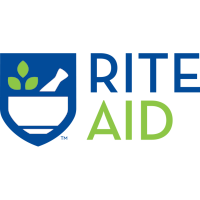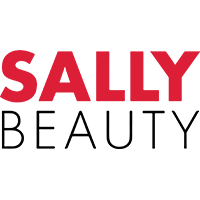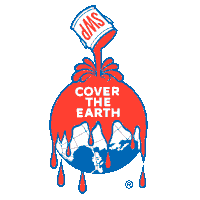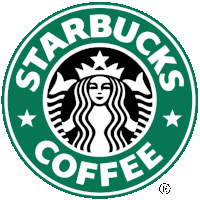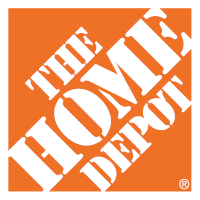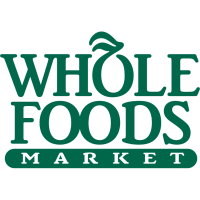Subsidiaries of Walgreens
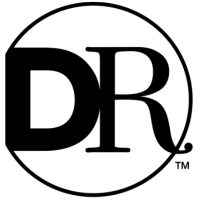
Key Findings and Recommendations
- Corporate Commitment: Walgreens adopted a safer chemicals policy in 2018, which it updated and expanded in 2022. It includes an explicit preference for safer alternatives. The company should participate in the Chemical Footprint Project survey to improve its chemicals management and publicly support governmental policies to reduce chemicals and plastics of high concern.
- Transparency: Walgreens requires all suppliers of private-label and brand-name formulated products to disclose chemical ingredients to it via UL WERCSmart. The company should evaluate the chemical footprint of its products.
- Ban the Bad: Walgreens restricts over 500 individual chemicals including the chemical classes PFAS, phthalates, formaldehyde releasers, and alkylphenols and their ethoxylates (APEs) in private-label formulated products. In 2023, the company eliminated bisphenols in receipt paper at its U.S. stores and has made progress in reducing carbon black in packaging and PVC plastic in all non-over-the-counter blister packaging. Walgreens should expand its restricted substance list (RSL) to restrict the same chemicals in brand-name products and set public, quantifiable goals with clear timelines for brand-name suppliers.
- Safer Solutions: Walgreens’ chemicals policy includes a definition of “safer alternative” that is consistent with Washington state. Walgreens should significantly expand its work on safer solutions. The company should join other retailers by publicly committing to invest financial resources in tools and research to help its suppliers evaluate safer alternatives to chemicals and plastics of high concern. The company should also certify private-label products to credible third-party standards, such as EPA Safer Choice.
2024 Detailed Analysis of Walgreens
Corporate Chemicals Policy
Adopted a safer chemicals policy
Oversight
Established management oversight
Chemical Footprint Project (CFP)
Participated in the CFP
Collaboration
Actively participates in collaborative process to promote safer chemicals
Public Policy Support
Supported governmental policies to reduce chemicals or plastics of high concern
Supply Chain Disclosure
Brands report use of chemicals or plastics in products or packaging to retailer
Supplier Accountability
Ensures supply chain accountability for chemicals or plastics restrictions
Consumer Disclosure
Brands disclose use of chemicals or plastics to consumers
Chemical Footprint Calculation
Publicly disclosed its chemical footprint
Restricted Substances List (RSL)/Manufacturing Restricted Substances List (MRSL)
Reduction/Elimination Goals
Chemicals and Plastics Reduction
Reduced or eliminated toxic chemicals or plastics of high concern
Safer alternative definition
Adopted a definition of safer alternative consistent with Washington state
Investment in Safer Solutions
Invested financial resources to advance and drive development of safer solutions
Implementation of Safer Solutions
Replaced chemicals or plastics of concern with safer solutions
Quantified Safer Products
Measured and disclosed progress towards safer products
How does Walgreens compare to its competitors?
Previous Grade History
NOTE: Our evaluation criteria changed in 2024. The scores from previous review years through 2021 are based on a different set of criteria measured.
Click or tap on a grade year to review additional details (where available).



